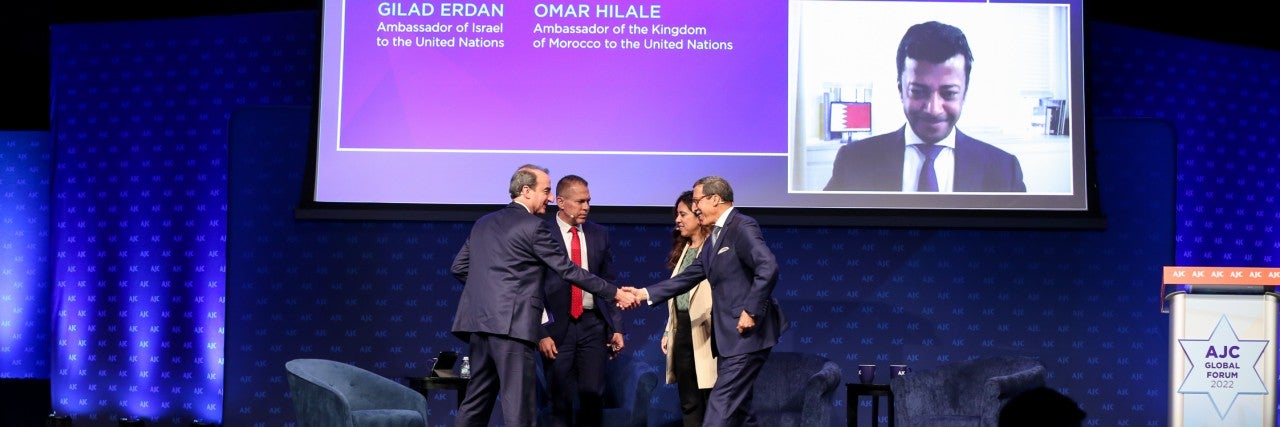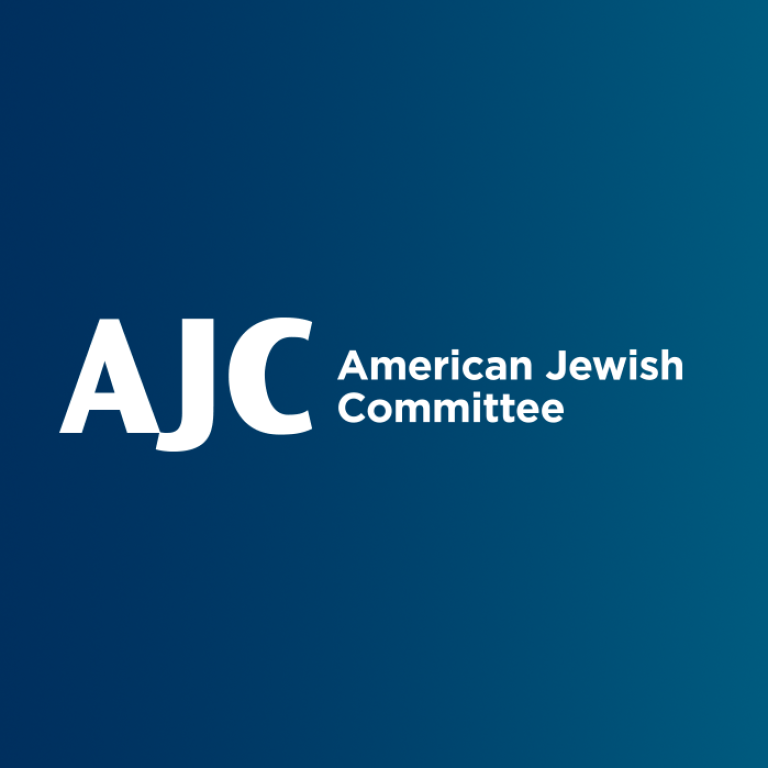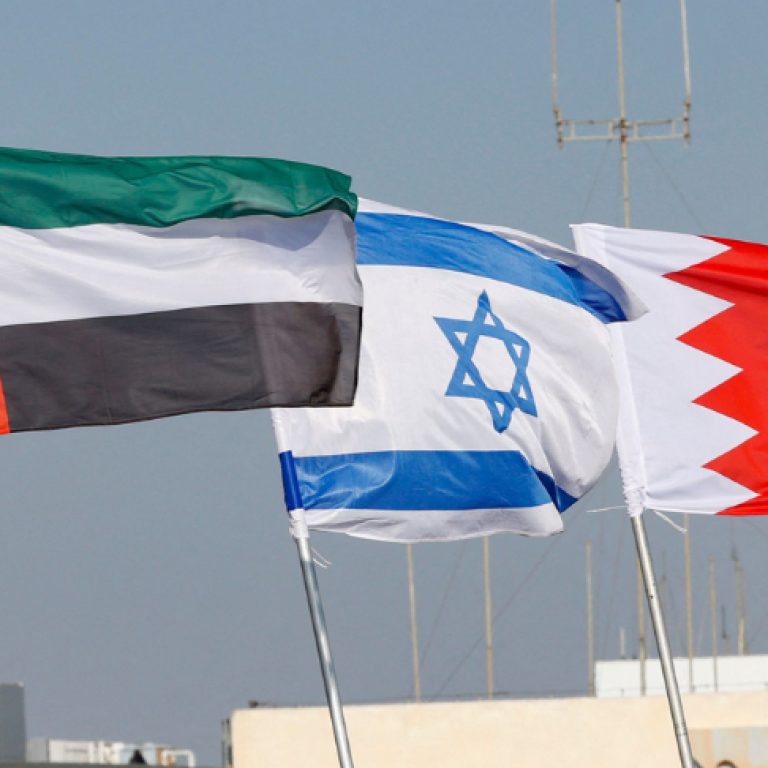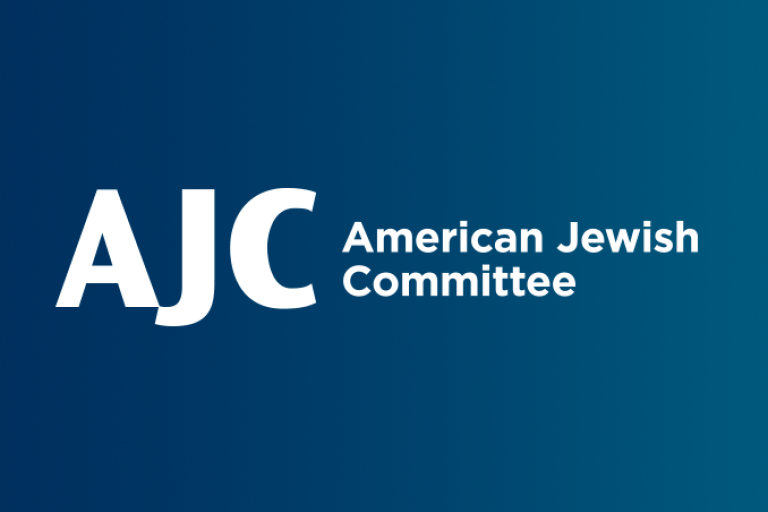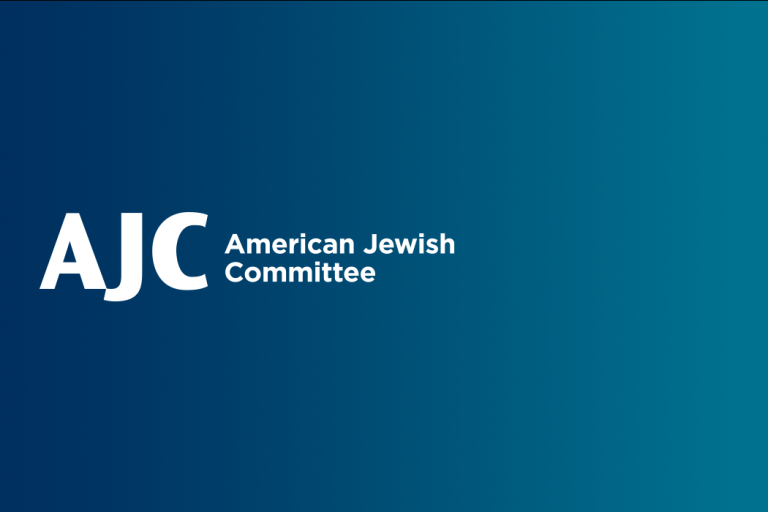September 14, 2022
With the two-year anniversary, the historic signing of the Abraham Accords ushered in a new era in the Middle East. The normalization agreements established first between Israel and the United Arab Emirates and Bahrain, then later a renewal in ties with Morocco, have led to new opportunities in the Middle East. People-to-people exchanges, business partnerships, and government agreements have all led to investment and growth.
Among the notable agreements stemming from the Accords signed to date:
- Landmark Defense Memorandum of Understanding between Israel and Morocco in November 2021, the first ever between Israel and an Arab state.
- In February 2022, Israel and Bahrain inked a security agreement.
- Israel and the United Arab Emirates signed a historic free-trade agreement in May 2022, which both sides hope will expand to $10 billion in trade annually in the next five years.
Given this success, what is next for the Abraham Accords? Could other countries in the region such as Saudi Arabia be next? Can the Abraham Accords be a model of success globally?
At AJC Global Forum 2022, Israeli Ambassador to the UN Gilad Erdan, Bahraini Ambassador to the UN Jamal Fares Alrowaiei, Moroccan Ambassador to the UN Omar Hilale, and United Arab Emirates Ambassador to the UN Lana Nusseibeh discussed the benefits of the Abraham Accords and what they envision will be needed to expand the breakthrough agreements.
U.S. Leadership is Key
The signing of the normalization agreements with the UAE and Bahrain in September 2020 on a picture-perfect day on the White House lawn was touted as a major foreign policy success for the United States.
Speaking of the U.S. role in facilitating the agreement, Israeli Ambassador Erdan said “the fact that we had a very committed administration that conveyed a clear message” in support of the Jewish State and the dynamics in the Middle East was important.
According to Bahraini Ambassador Alrowaiei, the U.S. role is necessary going forward.
“The U.S. as a strategic partner is at the forefront,” he said. “The U.S. has an important role in the efforts … as we work collectively on the historic Abraham Accords.”
For Morocco, which signed its agreement to normalize relations with Israel in December 2020, it was a renewal and upgrading of previous ties, which had been established during the 1990s.
Moroccan Ambassador Hilale said that “We need a more proactive role of the United States” in helping to secure future cooperation in the region.
Since taking office, the Biden administration has continued to support and work to expand the benefits of the Abraham Accords, established joint teams with partner countries, and identified potential new countries, Erdan said.
In March, foreign ministers of the Abraham Accords countries and Egypt, along with the U.S. Secretary of State, held the Negev Summit in Israel to further expand ties. They initiated a process that will lead to regular multilateral regional consultations and working groups.
Ambassador Nusseibeh lauded Secretary of State Antony Blinken’s participation in the Negev Summit and welcomed further U.S. action.
“The primary view is continued U.S. engagement,” she said. “The U.S. is the preferred partner for this region. It is a long-standing partner.”
Saudi Arabia’s ‘domino effect’
Earlier this year, in an interview with The Atlantic, Crown Prince Mohammed bin Salman offered a striking reassessment of relations between Saudi Arabia and Israel, saying “we do not view Israel as an enemy, but rather as a potential ally.”
Indeed, reports of clandestine contact between Israel and the Saudis have surfaced in recent years as both countries face a common security threat from Iran as well as an interest in the stability of the Middle East region.
In July, President Joe Biden visited Israel and Saudi Arabia, where speculation over warming ties between Jerusalem and Riyadh was front and center. The trip, the first Mideast visit by Biden since taking office, demonstrated that the U.S. remained focused on enhancing the region’s security through strengthening partnerships with its allies.
While it did not feature any major announcements – like a new normalization agreement – the Saudis did take the significant step of enacting a new policy that resulted in opening its airspace to Israeli flights.
Additionally, Biden also signed the “Jerusalem Declaration,” which stated that the U.S. is committed to “building a robust regional architecture; to deepen the ties between Israel and all of its regional partners; to advance Israel’s regional integration over time, and to expand the circle of peace to include ever more Arab and Muslim States.”
The Peace Dividend
The real benefits of the Abraham Accords and their support by the people of each country are critical to replicating this model of success in other Arab and majority-Muslim states, the ambassadors said.
“This combination of psychological shift and economic prospects is going to lead to make this peace more resilient,” Erdan said. “When the fruits of this peace are exposed to the Muslim world, I’m sure many more countries will follow suit. And that’s why I am so optimistic.”
Ambassador Nusseibeh said that she sees the Abraham Accords as not only an agreement between the countries involved but “between Islam and Judaism.”
“The peace dividend is sold if the tangible and practical benefits that we see in the UAE, that we see in Bahrain and Morocco and Israel, are felt in a wider circle of Arab and Muslim countries,” she said.
Similarly, Moroccan Ambassador Hilale explained the unique history and connection between Morocco and the Jewish people that dates back centuries. Israel is home is hundreds of thousands of Jews of Moroccan descent and there remains a warm connection between the Moroccan Jewish community and the government.
“Abraham Accords were not an end in itself, but a trigger for a better Middle East,” he said.
Furthermore, the hope is that the Accords will increasingly engage the region's youth – a vast demographic – and, with a new openness and job opportunities, help steer the next generation in a positive direction.
Studies have suggested, Ambassador Nusseibeh said, that “if we widen the circle of peace, we can add a trillion dollars over the next decade [and] take them away from the path of extremism.”
